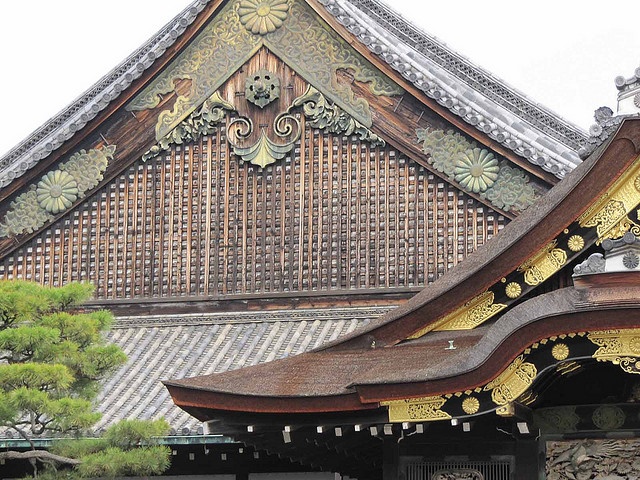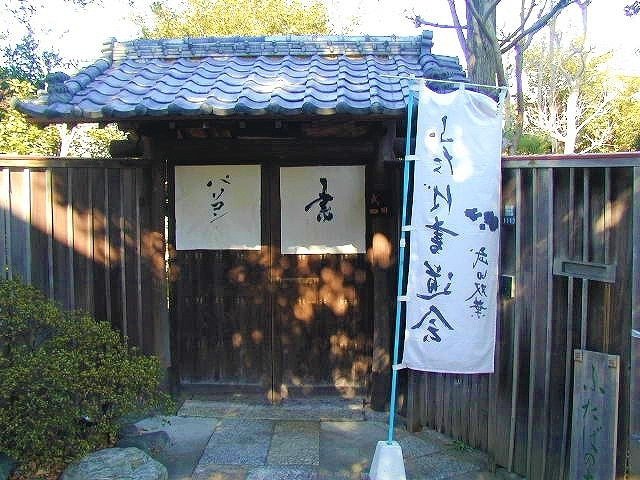You might be reading this short article due to the fact that you currently have a large interest in Japanese society. Probably you a fan of Japanese computer animation or comics. Or you could be a devoted video game gamer with a fondness for Japanese games. Or probably you simply stumbled here for an additional reason. Whatever your interest, it’s most likely you have at one point or another desired you knew a lot more about the Japanese language or their culture.
Prehistory as well as Written Language
For starters, I must offer you a fast history of the country behind individuals. Japan, called ‘Nihon’ or ‘Nippon’ by the Japanese individuals, is an island country on the coastline of East Asia. The actual significance of its Japanese name is “sun-origin”, appropriately named because of its eastern area. The English name ‘Japan’ developed from Marco Polo’s dubbing of ‘Cipangu’ most likely coming from the pronunciation of ‘Zeppelin’ in the language of the then native Chinese he experienced.
The ancient individuals themselves most likely relocated from the Korean or Chinese landmass to what is now Japan someplace between 100,000 and also 30,000 BC. The Japanese individuals have the lengthiest well-known recorded background, returning virtually 2600 years! The lineage of their emperors supposedly traces back to the extremely initial emperor, Jimmu. According to Shinto belief, he was the direct descendant of the sunlight goddess Amaterasu. Japan has actually been historically isolated for a lot of its presence, just getting its very first verified site visitor from China around 499 A.D.

As a matter of fact, Japan had no formal writing system till it was obtained from existing Chinese personalities. Even modern Hiragana and also Katakana are progressed, streamlined types of what was originally Chinese ‘hanji’. Nonetheless, it needs to be kept in mind that the real talked language evolved entirely independent of other languages, and also is distinct because linguists are still disputing what, if any kind of link Japan needs to languages of other nations.
When it comes to the created language, Japanese is made up of Hiragana, Katakana, and also Kanji. Hiragana and Katakana are phonetic and also have established enunciations (basically), whereas Kanji are Chinese personalities that stand for a suggestion or image and also can have different significances and pronunciations depending on how it’s used and contextual variables. The difference between Hiragana as well as Katakana is a little challenging to explain, however as a general rule, indigenous Japanese words are written in Hiragana (or Kanji), and loan words along with names of some locations, individuals, pets, plants, and so on might be written in Katakana.
There are always exceptions though, for example, some Japanese people might compose their name in Katakana to seem trendy or distinct, or a word that might have been a loan word originally, like “tobacco”, would certainly be written in Hiragana. It may aid to consider Hiragana as a smooth, ‘cursive’ design made use of for much common writing, as well as Katakana as a kind of ‘block’ print utilized to show the difference. Kanji is utilized when a Japanese word has a Kanji counterpart that can change the Hiragana (or in some unusual circumstances, the Katakana). This is carried out in grown-up Japanese writing for as long as possible. Kanji use reveals a boost in expression, if every little thing was written in Hiragana/Katakana, it could feel like it was created for a child to check out, or that the author was unintelligent.
Kanji likewise is stated to boost the flow of the sentence, making it much easier to understand and also check out swiftly. Typical Japanese is composed up and down, top to base, although it is no longer uncommon to see Japanese written flat, left to right. In either situation, however, books, pamphlets, and so on are written with the material leading right to left, the reverse of how western books are created by BreezyScroll.
This ends the first part of my introduction right into the various aspects of the Japanese language and also society, please make certain to examine back for future installments.










